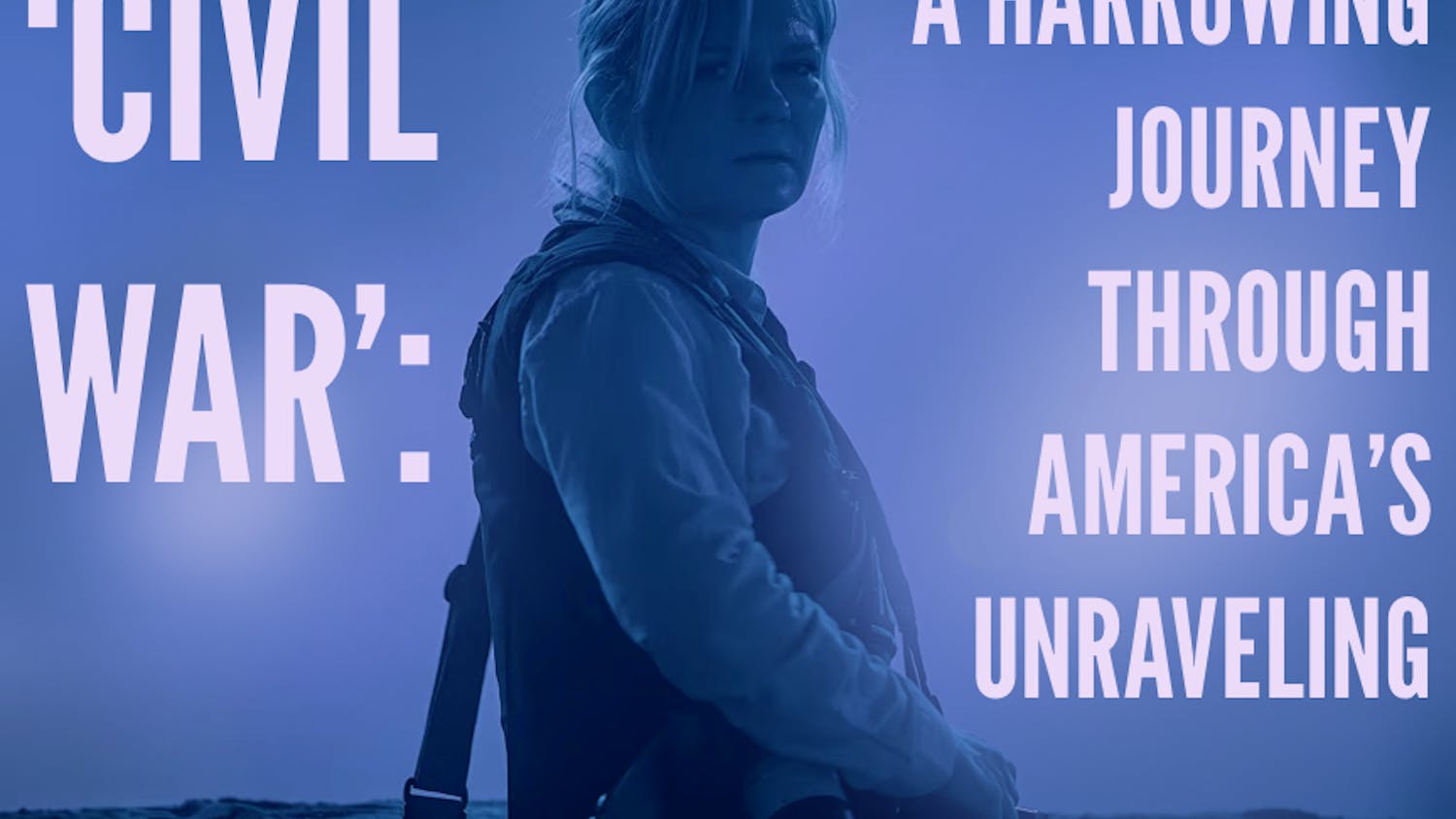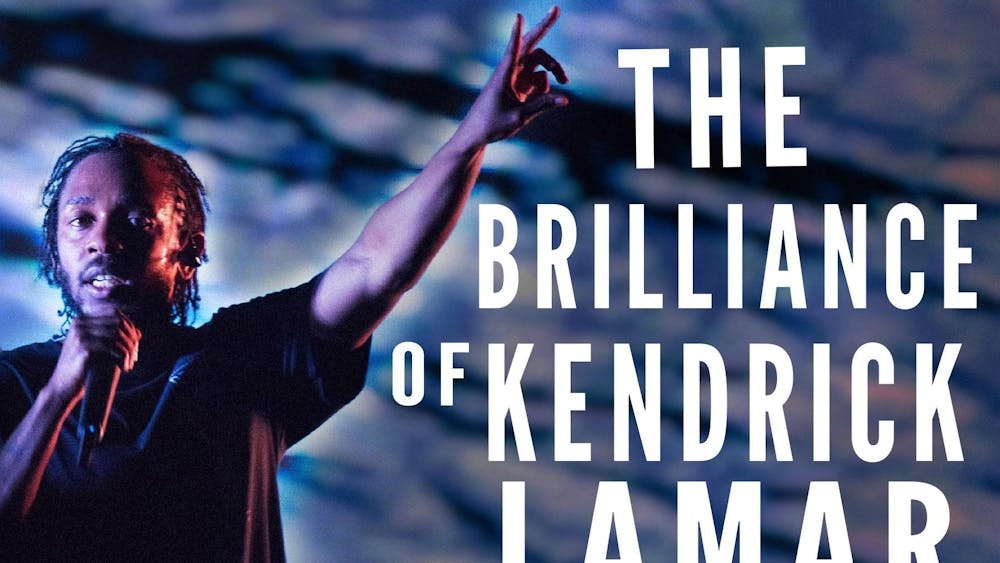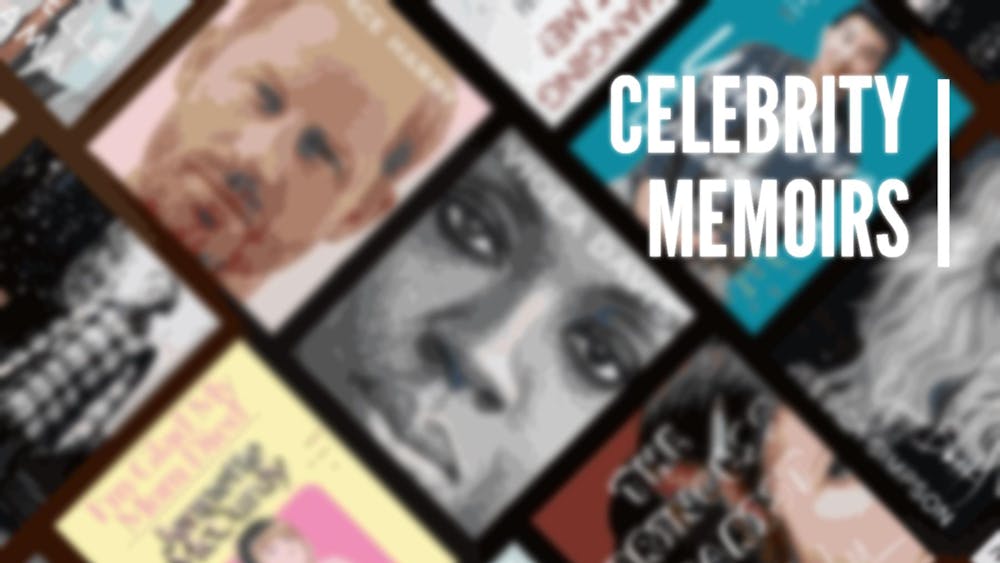The Observer article below has been updated.
Thursday afternoon, Mark Weber, producer, director and editor of "Strong Bodies Fight," sat down at Decio Café for an in-depth interview and look at his documentary. "Strong Bodies Fight" trails the journey of five Bengal Bouts boxers who traveled to Bangladesh in May of 2008 to witness the results of the Bengal Bouts' efforts. "Strong Bodies Fight" coincided with Weber's senior thesis as a PLS and Film major and the version aired Friday was a "rough cut." The film was also co-editing, co-produced, and co-directed by William Donaruma, produced by Patrick Ryan and Tom Suddes and shot by John Klein.
Observer: Why was it important to travel to Bangladesh to make this film?
Weber: The impact of Bengal Bouts has always been there but it's been in Bangladesh. Our goal from the beginning was to really transform this connection from just a check that we send over every year to a relationship and really foster a sense of solidarity with the people of Bangladesh. ... You could hear the children's voices, you could reach out and touch their hands. That experience, I think, has already and will continue to change the Bengal Bouts not in the sense of the impact that we make over there, but really on the impact that we make over here on the Notre Dame students.
Observer: Do you think this gives the boxers a deeper incentive to look at why they're doing what they're doing?
Weber: Yeah, I think it makes it more fulfilling. For years all we could do is throw out stats and sometimes pictures of poverty and that was really the focus, too. That's another major shift we see in the film. Our expectations of Bangladesh and what the country was like in general were very bleak. They were what you see in the media of starving children and despair and hopelessness. But what we found when we went over there is that there is extreme poverty, but there's not despair. There's hope, there's strength, there's joy. ... I think by meeting these people we realized that it's not just us fighting for them. They're fighting for their lives, the Holy Cross Missionaries are fighting on their behalf. This is kind of one fight, one team that is coming together for this mission. These people are really agents of change. ... We are investing in educational initiatives that are going to empower people to become agents of change in their own society.
Holy Cross missionaries — the priests, the nuns and the brothers — are really doing very powerful work. Our mission is just … being a part of their mission. It's these three distinct groups of people, these athletes from Notre Dame, these missionaries from all over the world and the people of Bangladesh, all coming together in one fight.
Observer: Did the Catholic missionaries have a hard time making their presence welcome in Bangladesh?
Weber: There's a really interesting religious dynamic there. A (large) percent of the country is Muslim. There's a dramatic interfaith disparity, yet there seems to be very good relations between the religions. There seems to be a harmony there that is quite surprising when you first go over. As Americans we were wondering about how we were going to be received in a Muslim country at this time in history. It's not a great time for Americans in Muslim countries, but we were embraced and welcomed in this country as if we were family and it was really incredible. I think Holy Cross is a testament to that … I think the fact that it is such a poor country seems to have brought people together from different religions. The fact that everybody is striving for development has kind of allowed the different religions to put aside their difference and work for developments. Sure there are exceptions, but that was the overwhelming feel.
Observer: Where did the idea for this film come from?
Weber: The whole development of all of this stuff was always a team effort. The ideas (for the film and to go to Bangladesh) started taking root my sophomore year. The first action I ever took was staying on campus over fall break. I started meeting with people … and I basically said, ‘you know, we've been doing this for 80 years … Students have never gone. It's time to go. I'm a film major and I think we should make a film about it.' … I didn't know what my capabilities were, I just had a camera … The success of the project was taking the idea and surrounding the idea with a team that was really talented and passionate about the project. … Some of the footage we got is just priceless stuff. All our music was done by a local guy, Gene Ort (and) his company.
Observer: Are you going to sell the film?
Weber: We're structuring the business side of the film so that a percentage of all the profits are going back to the Notre Dame [Bengal Bouts]. All that money at the end of the year goes to support Bangladesh. We wouldn't be doing this to make money. Our goal is definitely to submit this to film festivals and to talk to TV networks and to sell it on DVD. The goal underlining all those things is to have as many people see the work as possible. The reason for that is that, from our experience and from feedback that we've already gotten, this is a story so unique, so inspiring, that by showing it to people we can help inspire people to do good in the world and also share this understanding that it's not just about aiding other people but empowering them.
Observer: What is a challenge you faced while you were making the film?
Weber: There was a major technical challenge of shooting in Bangladesh. Having those big cameras, we would go to places and not have power or power would go off for hours at a time. And when you're shooting in HD it's not like you have limitless tapes. You have to download to computers and then wipe those tapes and start over. The major technical challenge was keeping our equipment powered and downloading our footage before we had to do another shoot.
We were on car rides on bumpy dirt roads for five hours. … There were times when we'd be going on a road that would go through water and we had to take out all of the equipment, otherwise the car would sink. So we'd have to take out all our equipment, walk across this bridge, and then put it back in. Sometimes we had to do that a couple times on the way to our destinations.
Observer: What are your career goals? Are you looking to make more documentaries in the future?
Weber: I would define myself currently as an entrepreneur filmmaker. I have no idea where that's going to lead me, but those are my passions. I'm project-oriented, I would love to work for myself someday, whether it be in a film company or some other company. Being an entrepreneur and being a film producer are very similar. It's kind of like the day-in and day-out of boxing practice. You don't know exactly how everything is going to work out in a tournament or where you're going to go. You gotta love the day in and day out. You might step into that tournament and fight for six minutes and lose and not play the rest of the tournament, so you have to love the day-in and day-out. That's what I love about filmmaking. Even if this film isn't successful, we've created something really awesome and something that we're really proud of.

The original version of his article misreported Professor Donaruma as an editor of the film. Donaruma is a co-editor, co-director, and co-producer of the film in addition. The Observer regrets this error.












